Leprosy in the Middle Ages
We aspire to operate an ethical business model. that recognises that all men are created equal with a right to be treated with dignity and respect. We are neither a charity nor a foundation as we believe that true entrepreneurial activity can be directed to serve a higher mission than traditional business aims. To this end, we have identified causes to improving the human condition and quality of life so that all of mankind can appreciate the unfolding beauty and joy of Creation.
One cause that we have dedicated is to provide both moral and financial support to a Carmelite Community involved in missionary work in the Central African Republic (CAR). Although the country is rich in natural resources such as arable land and minerals, it remains among the poorest countries in the world. The following account of a journey through the heart of CAR was written by Father Federico Trinchero, a friend and a missionary who has worked there bringing hope and love to a nation the world seems to have forgotten.
We actively support the work of Father Federico and his colleagues in the Carmelite Missions in the Central African Republic (CAR). They work among the poorest of the poor in perhaps one of the most unsafe and inhospitable places in this planet. We hope to bring attention to the plight of these people whose suffering is caused by the greed and exploitation of a consumerist society. Father Federico and his lot are the true heroes of this world who gave up all the material comforts of life to express their solidarity with pain and suffering of their fellow men.
Great elephants, little pygmies, precious diamonds and the love of the missionaries
By Father Federico Trinchero
Newsletter No. 24 from the Carmel in Bangui
10 May 2019
Sometime during the Creation – shall we say around the fifth or sixth day? – God was passing the intersection of the 2nd Parallel North and the 16th Meridian East. I know of course that at that time the global reference points had not yet been quite so closely defined. And the Good Lord certainly didn’t need them to guide Him over the earth, which He had just created. But it’s just to help you understand precisely where He was at the time.
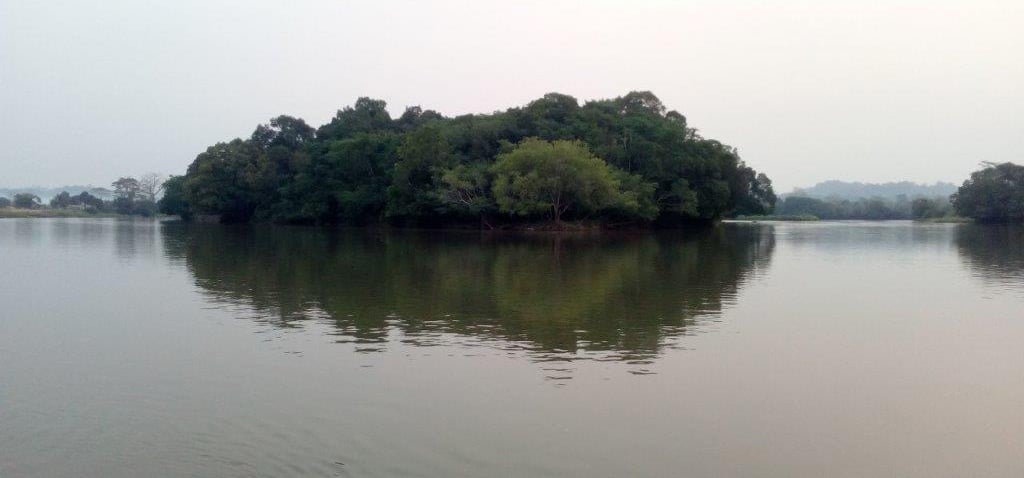
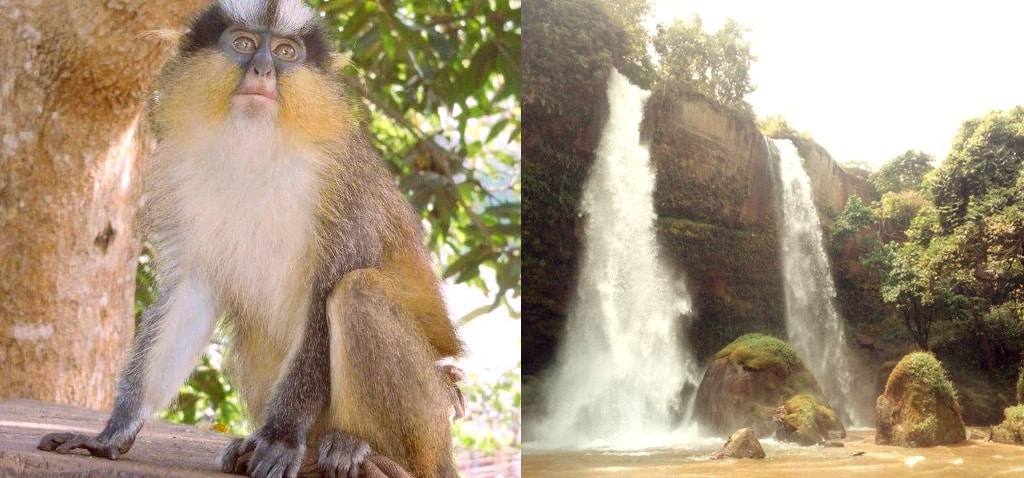
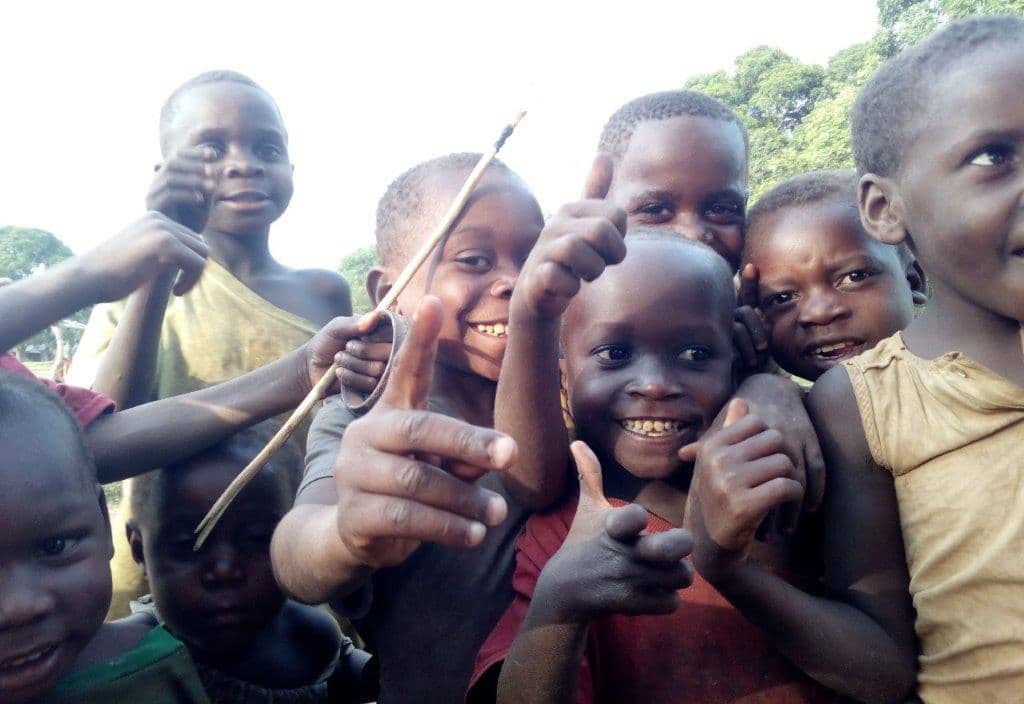
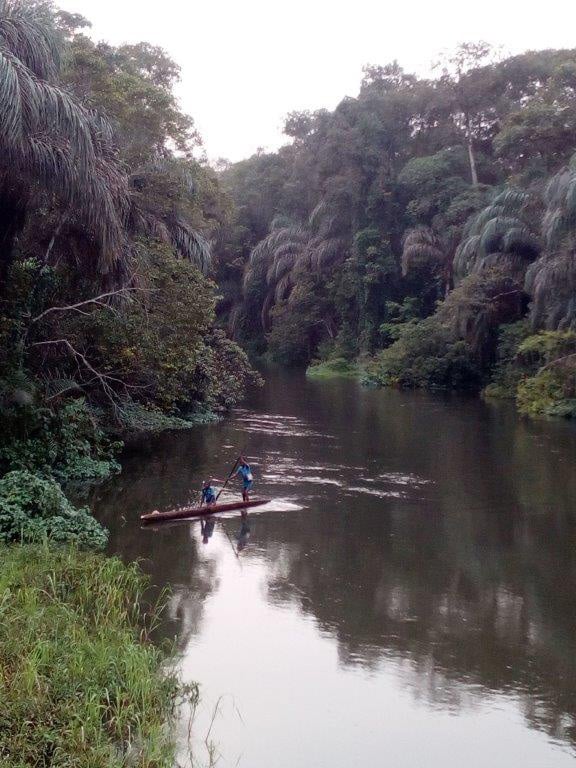
irst stop on our long journey was Bambio, close to the Lobaye river, one of our favourite stopping off points in the region. No sooner had we arrived than the family of Brother Régis, in addition to putting their whole house at our disposal, had offered us excellent locally produced coffee. The sun hadn’t yet set, and so we took the opportunity to have a good dip in the river.
The next morning, before continuing our journey, we celebrated Mass in the village church. But of course, in Bambio it is impossible to celebrate Mass except in a solemn manner, and all the people turn up in large numbers. Priests are rarely seen here, so you can imagine what it’s like if you arrive with a whole convent full of Brothers. The ‘continental breakfast’ provided in Bambio, needless to say, included manioc and fresh game, hunted the day before.
In the afternoon we arrived in Belemboké, a mission station serving only the pygmies on the edge of the great forest. The only non-pygmies present in the village were two African priests, Padre Anselm and Padre Serge, three Latin American sisters, Sister Melanie, Sister Alba Maria and sister Margarita, and the teacher at the primary school.
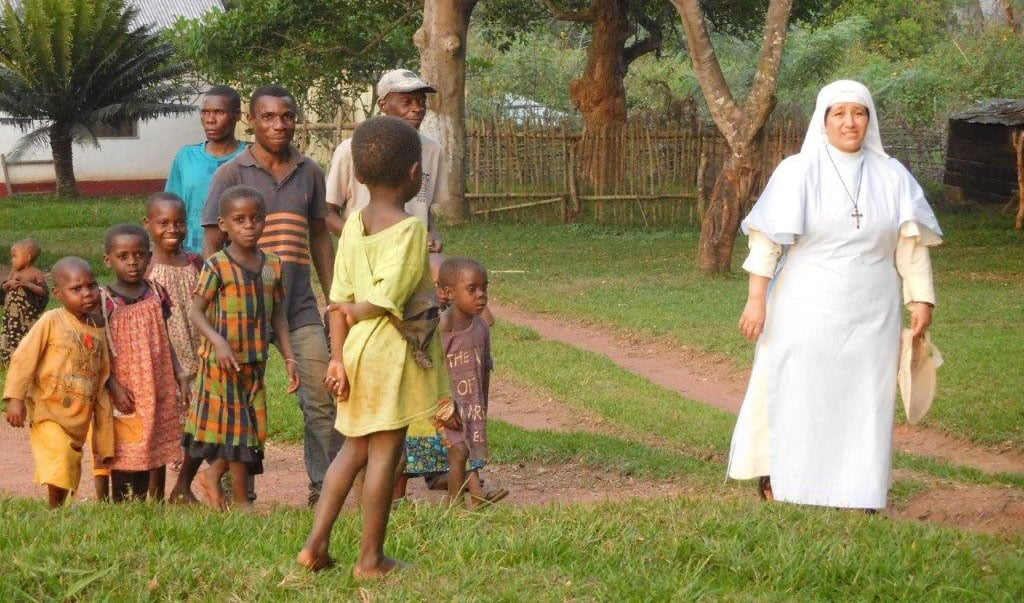
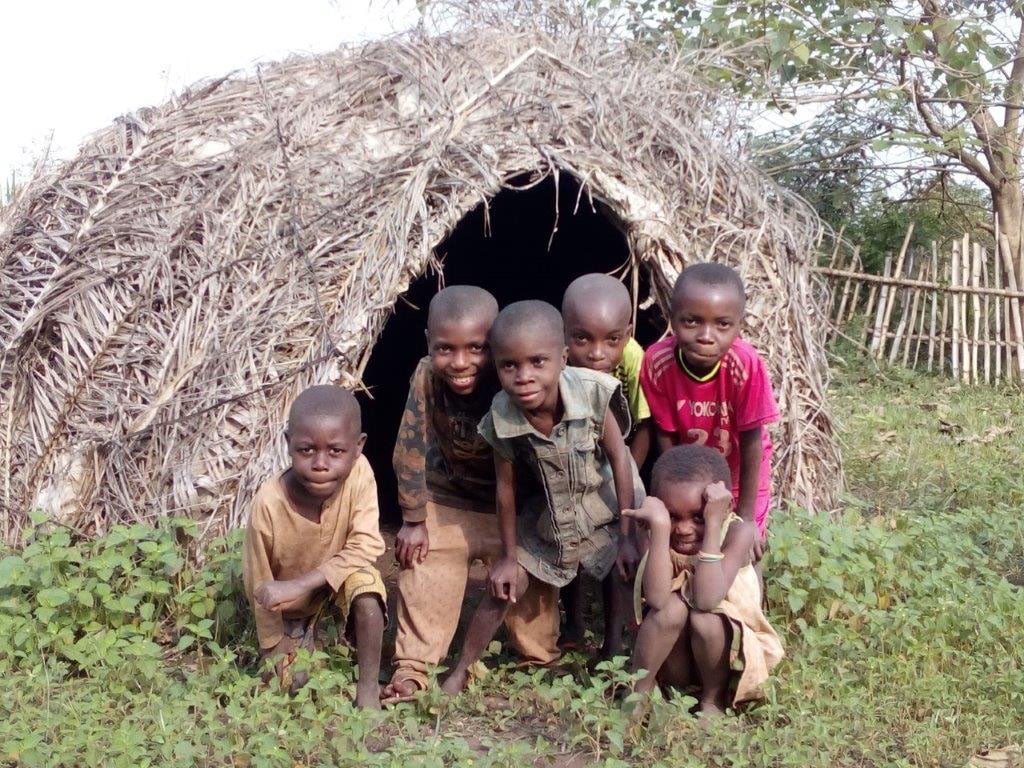
And with all new respect to those who, somewhat hastily, maintain that evangelization was one of the causes of the extinction of indigenous cultures, in reality this priest gave the pygmies, along with the Gospels, their true liberty and dignity, preserving both their culture and their traditions.
And as one of the most interesting aspects of pygmy culture, in a context in which polygamy was widely practised, he found that they observed a rigorous monogamy which married extremely well – and it is well worth pointing this out – with the Christian view of marriage. Needless to say, though, the initiative of Padre Lambert did not altogether please those who had thereby lost their free labour force, and he received a number of threats.
But the man who intervened and came to his defence was Bokassa, the ‘famous’ ruler of what was then known as the Central African Empire. He declared that if anyone did any harm to this priest, it would be as though they had done the same thing to the Emperor himself.
From then on these little lords of the forest were able to continue living happily and in peace, though of course they knew nothing of the umpteenth, and dubious, peace accord for Central Africa that had just been signed in Khartoum.
After spending the night among the huts of the pygmies, we set out for Bayanga, where we planned to visit the Dzanga-Sangha National Park. This park lies deep in the forest of the Congo River basin, in the furthest southwest extremity of the Central African Republic, wedged between Cameroon and Congo Brazzaville. The objective of our excursion was to locate a colony of elephants and observe them from close up.


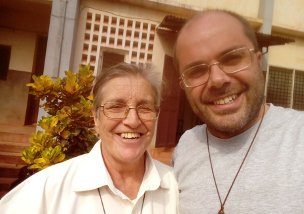
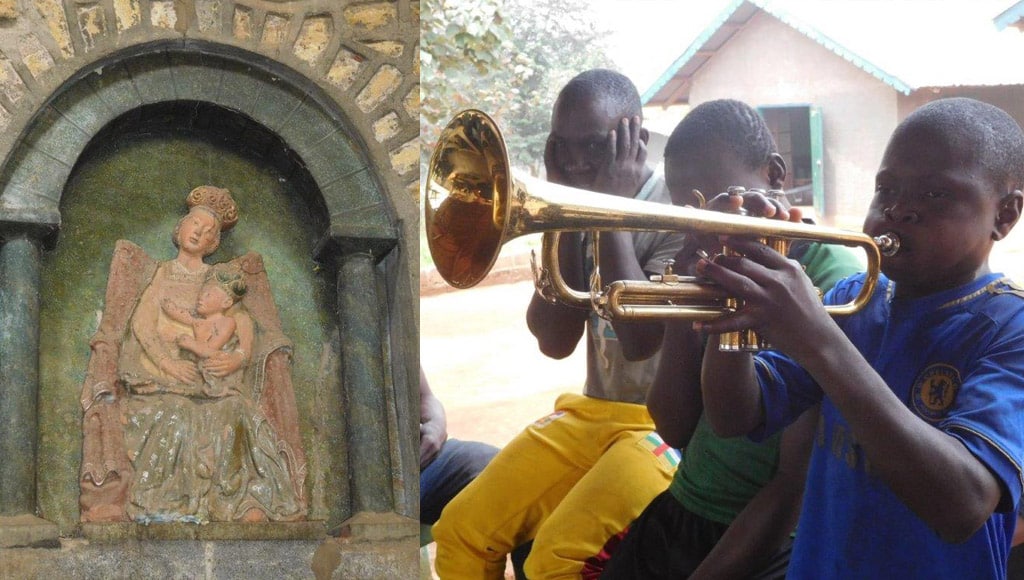
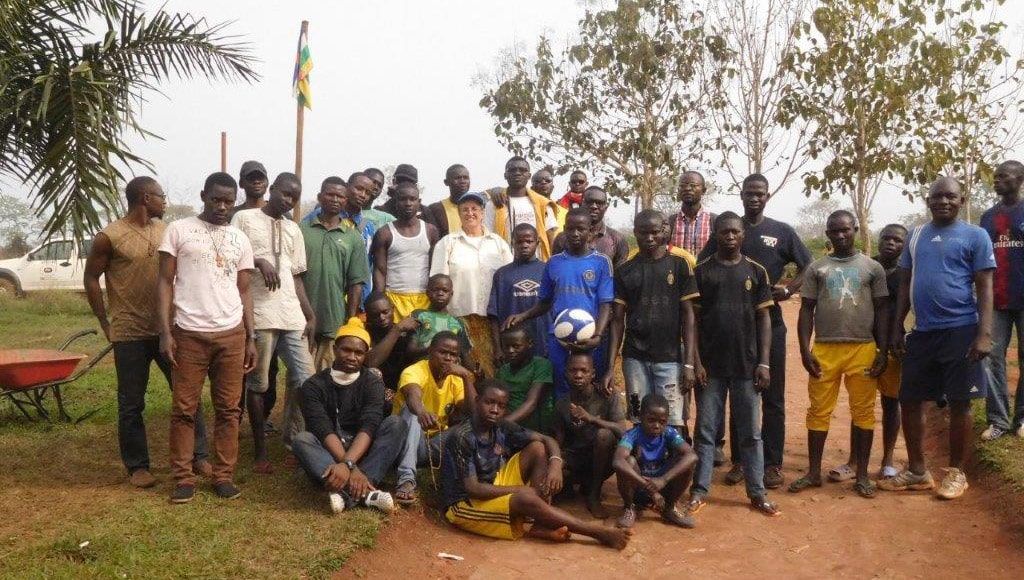
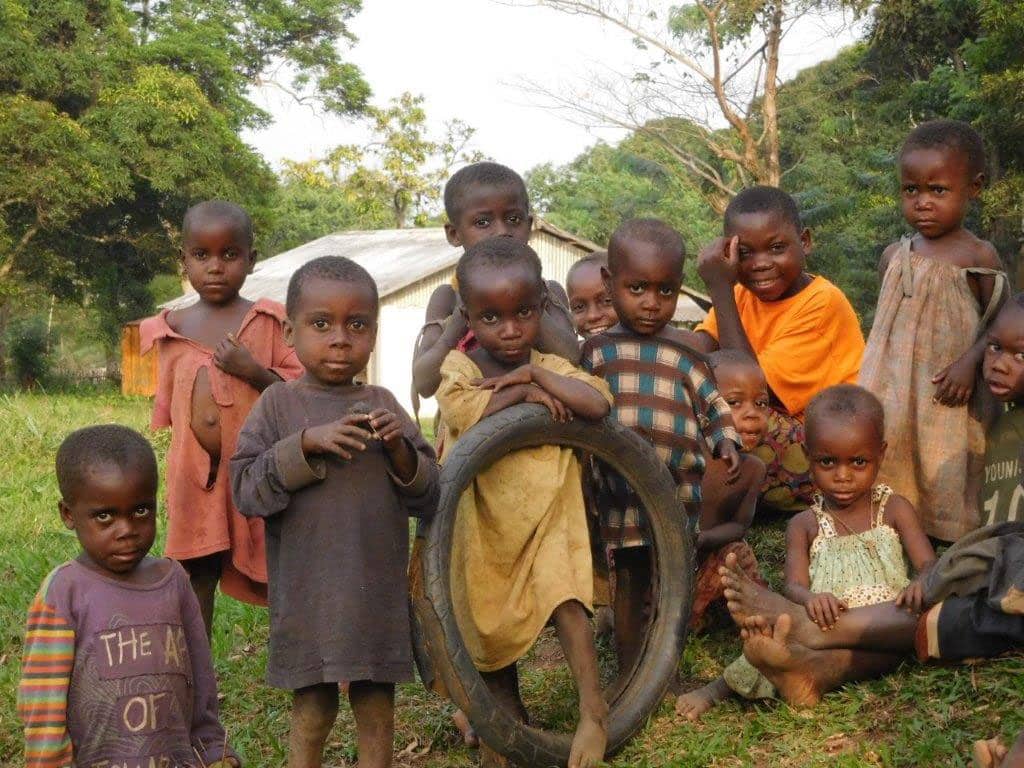
As we travelled the last few kilometres back to Bangui I thought back over the places and above all the people we had met during our journey: the missionaries, both men and women, who have fallen in love with this country and who, like hidden diamonds, are working quietly and without fuss for the Kingdom of God. To each of them I had put the inevitable question: “So how long have you been here then?” An indiscreet, even impertinent question, as if I were asking for the combination of a strongbox that didn’t belong to me. The missionary in question would smile and close his or her eyes – as though to show the need to look back over each year spent in that place – and then say the number, humbly yet proudly at the same time, as though it were a secret he or she would have preferred not to reveal, as though it were the number of carats of the most precious diamond, the secret of their own life, given for the Gospel and for this people.
Warmest greetings from Bangui
Padre Federico
